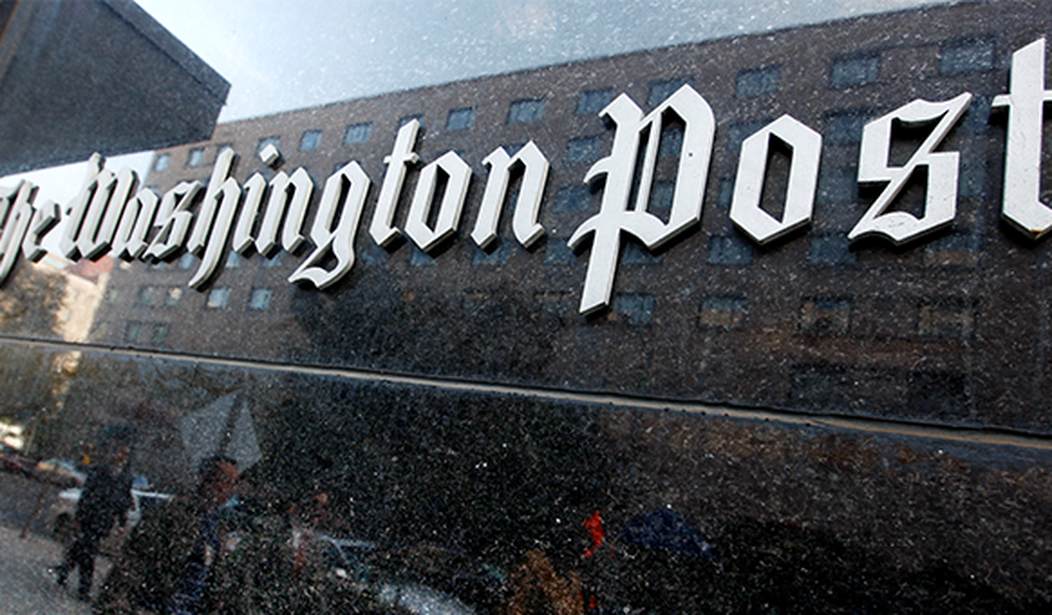Do you want evidence that the media has overhyped the dangers of the Coronavirus? You don’t need to look any farther than the Washington Post headline from Tuesday: “CDC director warns second wave of coronavirus is likely to be even more devastating.”
The headline focused on a quote from the director of the Centers for Disease Control and Prevention, Robert Redfield: “There’s a possibility that the assault of the virus on our nation next winter will actually be even more difficult than the one we just went through. We’re going to have the flu epidemic and the coronavirus epidemic at the same time.”
At his Coronavirus press briefing on Wednesday, President Trump berated the Washington Post and CNN for this coverage. “The headline in the Washington Post was totally inaccurate. The statement wasn’t bad in Post. The headline in the Washington Post was ridiculous, which is, as I say, Fake News and CNN is Fake News, like crazy, which they knew. They were asked to change it, and they wouldn’t do it.”
Apparently, Redfield directly contacted the Washington Post, and he tried to explain things, but he was unsuccessful in getting his point across.
So was Trump justified in his reaction? Is “there’s a possibility” the same as “likely to be”? Possibly as a statistician, I look at these words too precisely, but when you say that there is the “possibility” something could happen, you are just saying there is a greater than zero chance of it occurring. By contrast, when you say something is likely to happen, you are saying that it is more likely than not to happen, which means that there is at least a 50.1 percent chance of it happening.
Recommended
The difference between saying something is greater than zero chance of occurring and that it is greater than a fifty percent chance of it happening is enormous.
Now compare “more difficult than the one we just went through” with “even more devastating.” Even more devastating that the pretty bad situation that we have gone through this year is going to scare a lot of people. But while something more “difficult” to deal with might end up being more devastating, that isn’t necessarily the case. Devastating refers to a final result, and “more difficult” refers to a process. Given one might be better able to anticipate what one is facing this time around. For example, with the advance warning of this seasonal virus, you could better set up tracking of cases. For example, you can hire people to track what people an infected person has come in contact with.
Or, as Redfield notes in the quote below, more people could get the vaccine for the flu this time. “But I think it’s really important to emphasize what I didn’t say. I didn’t say that this was gonna be worse. The key to my comments, and the reason that I really wanted to stress them, was to appeal to the American public to embrace the flu vaccine with confidence.”
During the press briefing, ABC’s Jonathan Karl appeared to argue that since the Washington Post “accurately quoted” him, their headline must also be right. But the president had already made clear that the quote in the body of the article was correct. His issue was with the title, which surely created a misimpression of what the quote meant. The fact that the quote was accurate doesn’t imply that title was appropriate.
It is very commonplace for headline writers to put together headlines that grab attention. Still, people are already scared about this virus, and overhyping the dangers can cause further harm. If the news media convince people that the dangers in the future are much more “devastating” than they are, might politicians keep the economy locked down too long? As of Thursday morning, 26 million Americans had lost their jobs. Headlines like the Washington Post’s have contributed to those losses.
* Lott is the president of the Crime Prevention Research Center.

























Join the conversation as a VIP Member